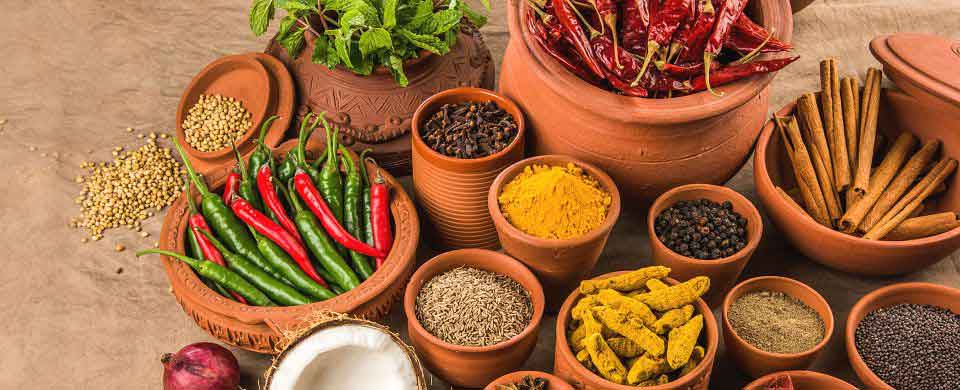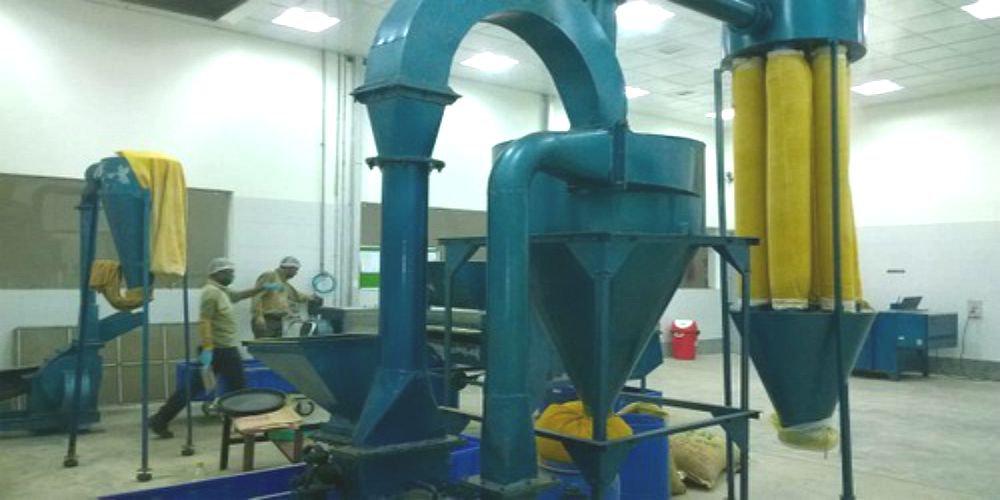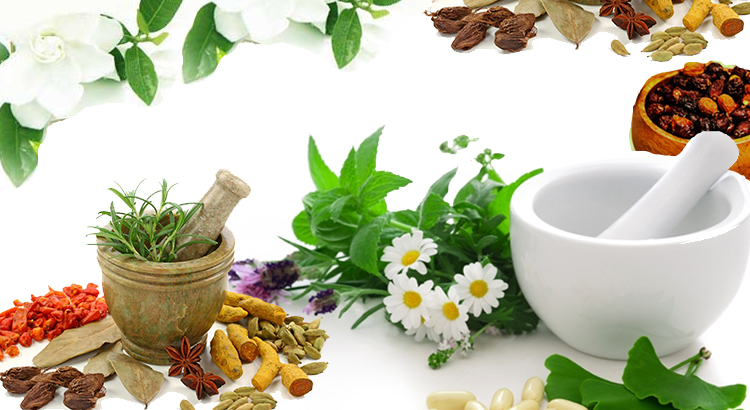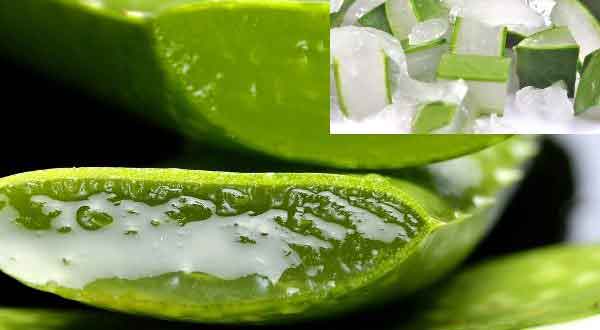24 MAY / 11:26 AM
SPICES INDUSTRY

How To Start A Spice Manufacturing and Packaging Business
Spice processing and packaging are considered as a profitable business in India. Any individual can start spice business as small, medium and large scale basis as per his or her investment capacity. Even a home-based spice business is also profitable in India. Additionally, you can start with one or two variety of spice. As your business grows, you can shift to a full-fledged spice processing company.
Here in this article, we intend to explore how to start a home-based spice business in India with relevant information. Spices play an important role in enhancing the flavor and taste of the processed foods. In addition, medicine industry is a major consumer of spices. Because spices have carminative stimulating and digestive properties.
Spice Business Market Opportunity
India produces almost all the known spices. The country is the largest exporter of this commodity. As the spice is a mass consumption item mostly used in culinary preparation or seasoning of food products, its internal demand is increasing quite steadily.
With changing lifestyle and especially with changes in food habits and the increase of income level, the use of powdered spices has increased. Of late, the market for ready-to-mix of spices has grown significantly.
Spices are fast moving consumable items and have large potential. There has to be a wide-spread network of dealers or retailers backed up by advertisements in local media The export market for Indian spices is also growing. Spices from India are going places, with exports on course to top $3 billion by 2016-17.
The Indian spices market is pegged at ₹40,000 crore annually, of which the branded segment makes up 15 percent. According to Technopak, national brands dominate the branded space market. And most prominent brands are Catch, Everest, Ramdev, among others.
Increasing urbanization paired with a rise in the number of working women has reduced the time of cooking. Consequently, home-makers have started demanding readymade spice mixes such as sabzi masala, garam masala, chicken masala etc. This has augmented industry revenues. The spice mixes and branded spices entail greater profit margins, as compared to straight and unbranded spices. We can conclude, initiating a small scale home based spice business is a profitable investment opportunity for new entrepreneurs in India.
Spice Business – Different Products
Powdered spices are convenient to use and also saves time and energy for preparing different delicious dishes. Besides their everyday use in households, spices are used in significant quantities in processed foods and commercial food service businesses such as hotel, restaurant etc. Some of the popular and widely used spices are Turmeric, Chilli, Cumin, Coriander, Black Peeper, Cardamom, Cloves. Apart from these straight segments, Curry masala, Sabji masala, Sambar masala, Chana masala, Garam masala, Chicken masala, Meat masala are the popular blends in India.
Registration & License For Spice Business
Regardless you start a small scale or large scale spice business, you have to obtain these registrations and licenses.
2. Chilli powder ISI-2445-1963
3. Coriander powder ISI-2444-1963
4. Curry powder ISI-1909-1961
5. Turmeric powder ISI-2446-1963
6. Methods of sampling and test of Spices and condiment ISI-1997-1961
Spice Business Machinery & Raw Material
Land measuring around 150 sq.mtrs. is adequate with a built-up area of about 75 sq.mtrs. consisting of the main production area, packing section and go down. Spice grinding and processing generally demand simple machinery and equipment. You will need to install disintegrator, spice grinder, pouch sealing machine and weighing scale. In a fully-automatic operation, the entire system is interconnected with bucket elevator and conveyor belt. Additionally, you will need to provide the electricity up to 10 HP. Also, you must arrange the adequate amount of water. However, water is required in small quantity to clean ungrounded spices and for potable purposes.
The major raw materials are unground turmeric, black pepper red chilies, cumin, coriander etc. Additionally, you will need to arrange the pouch as the main required packaging consumables. Also, you must procure corrugated cartoon for bulk packaging.
Spice Business – Manufacturing Process
The process of manufacture involves cleaning, drying, pulverizing, sieving and packaging of spices such as chili, pepper, turmeric, coriander, etc. either individually or in combination with other spices. The manufacturing process is very well established and does not involve technicalities.
First of all, clean the unground spices manually to remove impurities like mud and stones. And then, wash them with clean water. After drying them in sunlight, grade and grind them with the help of grinding machine to convert them in powder form.
Generally, you can find various formulations for curry powder. However, the ingredients like red chili, black pepper, cloves, coriander seed, cumin seed, fenugreek seed, ginger, and turmeric are typically common. The proportion and the inclusion of spices in a particular mix depend on individual manufacturers.
Disintegrator is used in case of solid material like turmeric to obtain uniform mesh size. Spices in powder form are then weighed as per the contemplated packing quantities and packed in printed polyethylene bags and then these bags are sealed on an automatic sealing machine.

Tags

